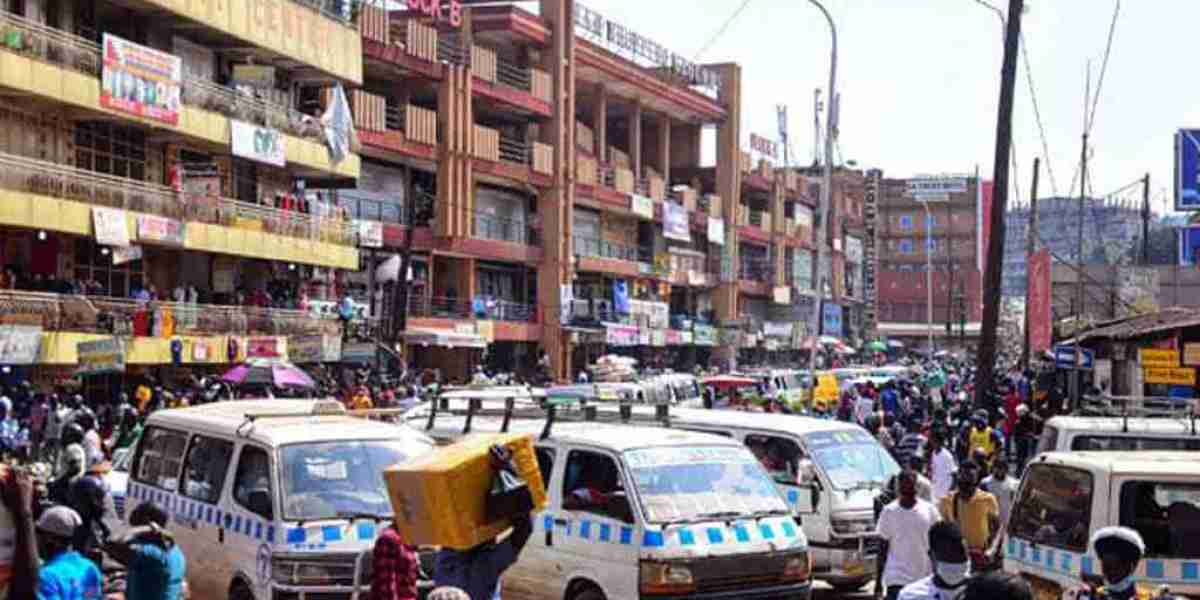Some of the arcades on Namirembe Road in Kampala. The tax body and Kampala traders are at cross-roads over implementation of Electronic Fiscal Receipting and Invoicing Solution (EFRIS) for tax collection, prompting merchants to declare a strike to start April 8, 2024.
In a dramatic turn of events, city traders find themselves at odds with local authorities over a contentious tax dispute, prompting a collective decision to close their shops in protest. The looming closure casts a shadow over bustling city streets, signaling a potential standstill in commerce and a palpable sense of frustration among business owners.
At the heart of the dispute lies a series of tax regulations perceived as burdensome and unjust by the trading community. Rising tax rates, coupled with opaque enforcement mechanisms, have left many traders feeling overburdened and marginalized. Despite attempts at dialogue and negotiation, grievances remain unresolved, fueling mounting discontent and a sense of injustice.
For traders, the decision to shutter their shops represents a last resort—a bold assertion of their collective power and a plea for meaningful reform. By withdrawing their services en masse, they aim to draw attention to their plight and compel authorities to address their grievances in good faith. The closure serves not only as an act of defiance but also as a poignant reminder of the indispensable role played by small businesses in the economic fabric of the city.
Yet, the prospect of empty storefronts and silent marketplaces underscores the high stakes of the standoff. As doors are bolted shut and windows adorned with protest banners, the absence of bustling activity paints a stark portrait of the toll exacted by the impasse. Beyond the immediate economic ramifications, the closure threatens to erode public trust, disrupt supply chains, and dampen consumer confidence—casting a shadow over the vitality of the city's commercial landscape.
In this climate of uncertainty and unrest, the onus falls upon stakeholders on both sides of the divide to seek common ground and pursue constructive dialogue. By fostering an environment of transparency, accountability, and mutual respect, authorities can work collaboratively with traders to address concerns and implement equitable tax policies. Likewise, traders must remain steadfast in their resolve, united in their pursuit of a fair and sustainable business environment.
As the city braces for a day of empty storefronts and silent streets, the closure serves as a stark reminder of the inherent tension between fiscal responsibility and economic resilience. Only through genuine collaboration and compromise can stakeholders navigate these turbulent waters and chart a path toward a future where prosperity and equity go hand in hand.


